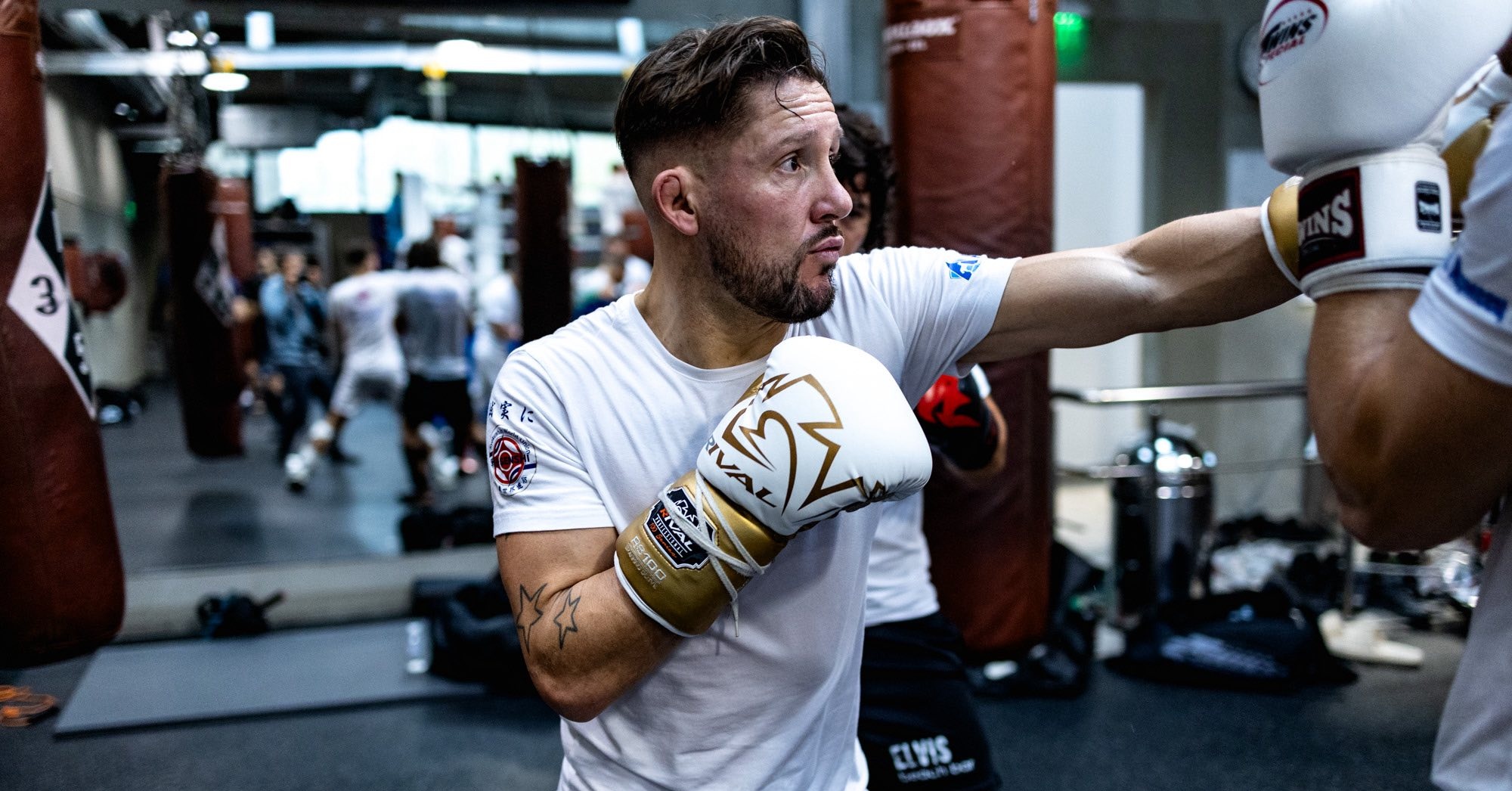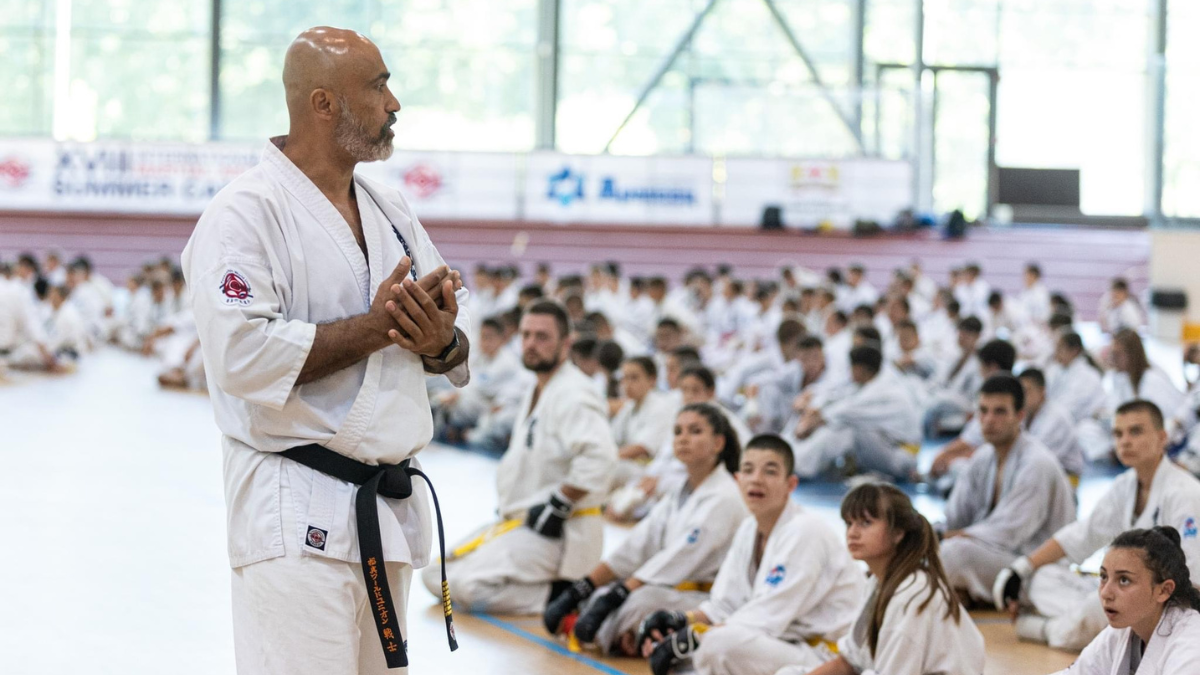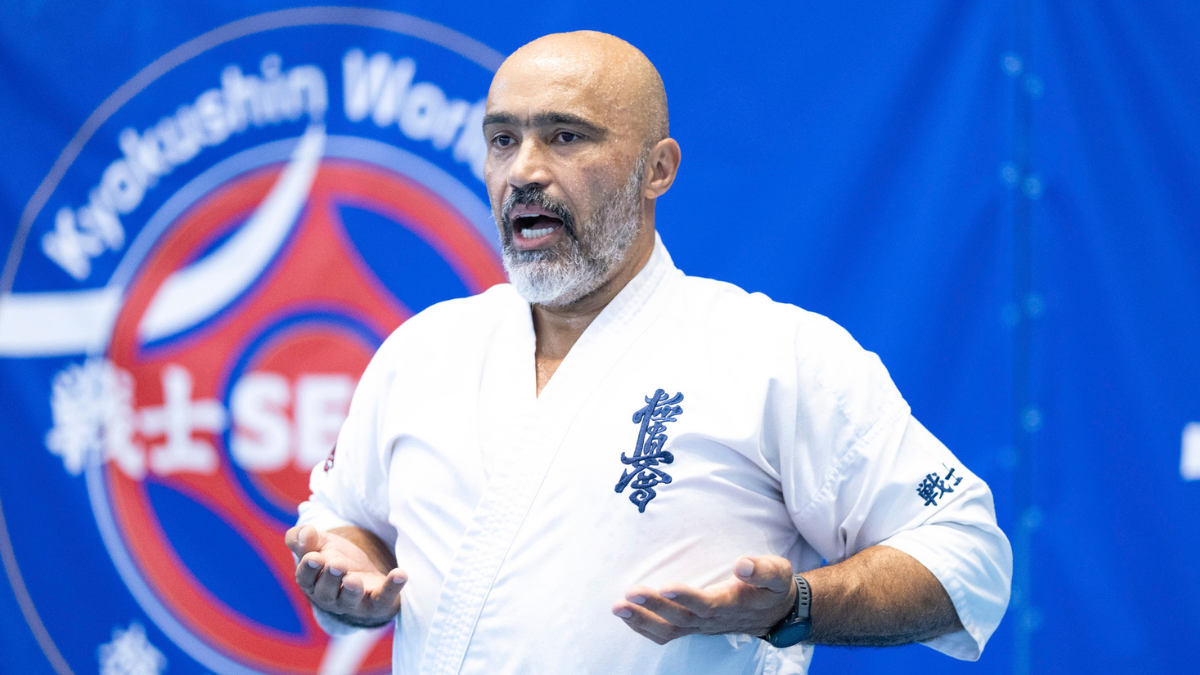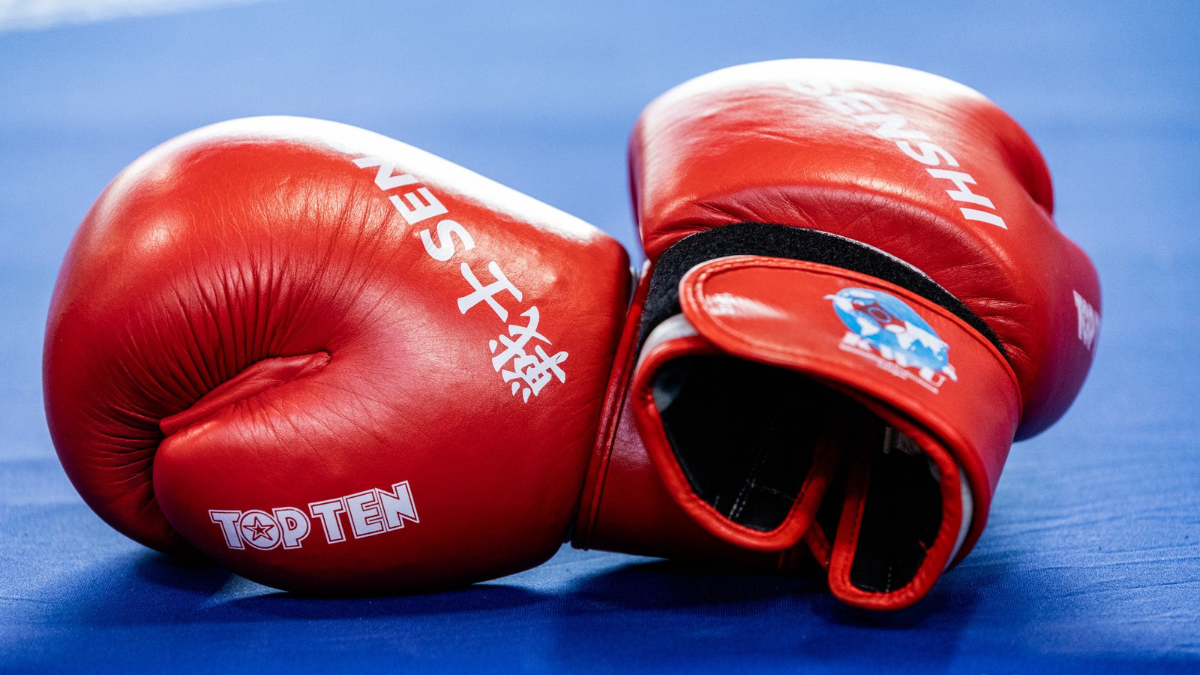
News

What It Means to Be an Assistant Coach in Kyokushin Karate: Support, Preparation, and Role on the Tatami
Martial arts, especially Kyokushin karate, are much more than just physical activity. They build character, discipline, and respect – not only towards oneself but also towards opponents, coaches, and those with greater experience. Behind every successful competition and progressing fighter stands the head coach and a group of important, though often underestimated, participants in their training – the assistant coaches. They play a vital role not only in the daily training of the children but also during the competitions themselves. Being an assistant coach in Kyokushin karate is not just a responsibility; it’s also an honor.
One of the primary tasks of an assistant coach is to actively participate in the preparation of children. They need to master martial arts techniques and spirit. The assistant coach plays a key role in this process by helping the head coach observe and correct the details in movements and techniques. Who are the assistant coaches, exactly? They are primarily trainees who assist in preparing those younger than themselves. These are competitors who are ready to support and motivate others in any way, sharing their path and experience during competitions and camps.

Often, a large number of children and adolescents with different skill levels participate in a single training session. The assistant coach can provide individual attention to each child, which is extremely important for their development. For example, when children are learning new techniques or katas, the assistant coach can work with those who are struggling, explaining the movements in detail or guiding them toward better technique. Beyond the technical level, the assistant coach prepares the children for a more challenging aspect of Kyokushin – understanding sparring. This personalized support helps inexperienced youths feel confident and motivated.
In Kyokushin karate, discipline is a key component. The assistant coach helps instill this discipline by overseeing proper behavior during training sessions. They remind the children of the importance of respect towards the coach and teammates and lead by example through their dedication and attention to detail. This role often requires the assistant coach to establish authority that inspires trust in the children while also encouraging them to take responsibility for their behavior and progress.

Children who reach the competition stage are subjected to significant stress and pressure. The assistant coach has the crucial task of being a source of support for the tatami, both physically and mentally. They guide the competitor, offering ideas for different techniques and defense strategies. While the head coach focuses on the overall strategy and motivation of the competitor, the assistant coach can provide valuable advice and guidance in the final moments before and during the match, where the last 30 seconds are crucial for the judges’ decision.
The assistant coach is the one who must calm the young fighter, direct them towards the right mindset, and instill confidence. In Kyokushin fights, the intensity often pushes children to surpass not only their physical limits but also their mental ones. Here, the assistant coach’s role is irreplaceable – helping the child overcome fear and believe in their abilities.
In addition to psychological support, the assistant coach actively prepares competitors for specific situations during the fight. In Kyokushin karate, where physical contact and strength are key, competitors must be well-prepared for both offense and defense. The assistant coach helps the children refine their techniques and tactics in various real-life situations to prepare them for anything on the tatami. The post-fight moment is also critical. Much depends on how the coach reacts after a victory or loss. Many children are concerned about their coach’s reaction. It is essential for the assistant coach to take into account the competitor’s age, adopt the right approach, and know how to calm and motivate them for future challenges.
One of the most important traits of a good assistant coach in Kyokushin karate is the ability to adapt to the different needs of the competitors. Every child is different – some need more motivation and encouragement, while others need to focus on improving their techniques. The assistant coach must recognize these needs and offer personalized solutions for each young karateka. The relationship between the head coach and the assistant coach is crucial for the children’s successful preparation. They must work in harmony, with the assistant coach following the head coach’s instructions and complementing their efforts. This coordination ensures that each child receives the best possible preparation and support from both sides.

One of the greatest responsibilities of an assistant coach in Kyokushin karate is to be a role model. Children often look up to those they see as authority figures. It is therefore important for the assistant coach to demonstrate not only technical mastery but also qualities like respect, patience, and persistence. The children view them as a role model both on and off the tatami. In many cases, the assistants become closer to the competitors because the age gap is much smaller. This helps the competitors feel more relaxed while also motivating them to prove themselves to their older peers. Every child seeks the coaches’ attention, wants to hear their opinion, and strives to know that they are doing their best. In Kyokushin dojos, the peer-teaching method is often applied, where even the younger students help the most novice ones. This instills a sense of responsibility and drives them to try even harder in their own preparation.

Being an assistant coach in Kyokushin karate is not only a challenging but also a highly responsible role. It’s not just about working during training or competitions – it’s a calling that requires a passion for martial arts, patience, and a desire to help others grow. Through daily work with the children, the assistant coach not only helps build future champions but also shapes characters that will carry the values of Kyokushin throughout their lives. Assistant coaches often stand out most during competitions. They must keep track of the matches, help with the preparation and warm-up of the competitors, stay close to them constantly, and motivate them even more. For a coach, there is nothing better than having people they can rely on and trust in certain situations – whether in training, at camp, or during a competition or grading exam. Kyokushin teaches many things, but most importantly, it teaches one to take responsibility for others, to be an example for the younger students, and to be a support not only for the coach but also for the younger generations.
In this article, Stilyana Merazova, multiple Bulgarian Kyokushin karate champion, Eastern European vice-champion, and World vice-champion, shares her thoughts and experiences with you.










